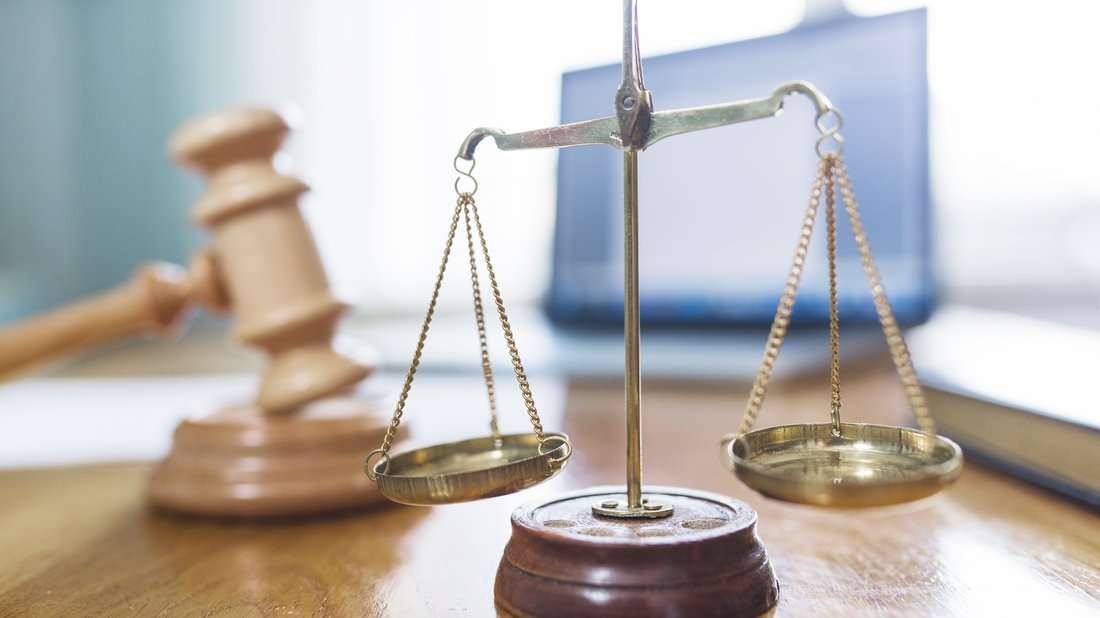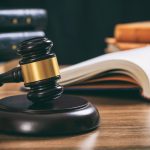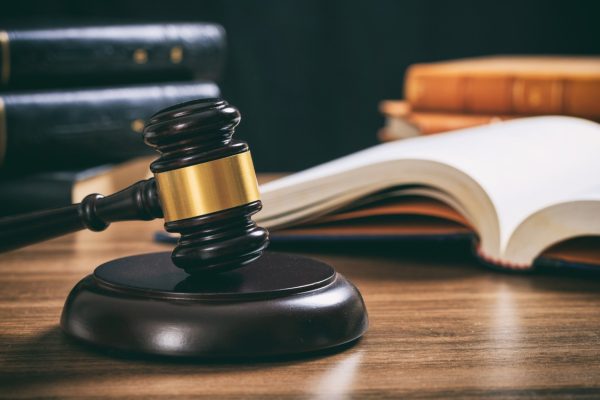The Rule of Law in Nigeria: Its Impact on Elections, Education, Corruption, and the Legal Profession
The rule of law is a cornerstone of democracy and justice. It asserts that no individual, group, or institution is above the law, and that the actions of both leaders and citizens must conform to established legal standards. In Nigeria, the 1999 Constitution (as amended) affirms this principle by upholding the supremacy of the Constitution in Section 1(1), guaranteeing fundamental human rights in Chapter IV (Sections 33–46), and establishing a system of checks and balances among the executive, legislature, and judiciary. Despite these constitutional guarantees, the practical application of the rule of law in Nigeria is frequently undermined by corruption, weak institutions, and political interference. The consequences are evident in various sectors, including elections, education, and governance. Additionally, the behavior of legal practitioners themselves, guided by the Rules of Professional Conduct (RPC) 2007, plays a vital role in either strengthening or eroding respect for the rule of law.
The Rule of Law and Elections in Nigeria
Elections are the foundation of democratic societies. In principle, the rule of law demands that electoral processes must be free, fair, and credible, where every citizen has an equal right to vote and be voted for, as guaranteed by Section 14(2)(a) of the 1999 Constitution, which affirms that sovereignty belongs to the people.
When the rule of law is respected, electoral institutions like the Independent National Electoral Commission (INEC) operate independently, election results reflect the true will of the people, and disputes are resolved impartially by the judiciary. This builds citizens trust in democracy and promotes political stability. Conversely, when the rule of law is disregarded, elections are characterized by malpractice, including vote buying, ballot box snatching, intimidation of voters, and falsification of results.
The courts and election tribunals often serve as the final arbiters of electoral disputes. In Buhari v. Obasanjo (2005) 13 NWLR (Pt. 941) 1, the Supreme Court acknowledged the critical role of the judiciary in safeguarding the electoral process, though controversies about judicial compromise persist. Delayed or biased judgments reduce public faith in the judiciary and create tension in the political system. By undermining free and fair elections, the violation of the rule of law prevents competent leaders from emerging and weakens democracy.
The Rule of Law and the Education Sector
The education sector is another area deeply affected by Nigeria’s struggles with the rule of law. A sound legal framework demands that government policies and resources directed toward education must be implemented transparently and equitably.
When the rule of law is upheld, funds allocated to education under provisions like Section 18 of the 1999 Constitution (Directive Principles of State Policy) are used to build infrastructure, provide teaching materials, and ensure the welfare of teachers. Contracts for school projects are awarded transparently, and standards for examinations and certifications are enforced without compromise.
In contrast, violation of the rule of law through corruption undermines education in multiple ways. Public funds meant for schools are often diverted, resulting in dilapidated classrooms, lack of facilities, and poor learning environments. Examination malpractice, certificate forgery, and favoritism in admissions weaken the credibility of academic qualifications. The recurring ASUU strikes, arising from the government’s failure to honor agreements, highlight how disregard for legal obligations destabilizes education.
The consequence is a cycle where Nigerian graduates are often ill-equipped for the demands of the modern economy, leading to unemployment, poverty, and social instability. Thus, the rule of law is not just a legal principle but a necessity for building a functional education system.
Corruption as a Violation of the Rule of Law
Corruption is arguably the greatest threat to the rule of law in Nigeria. At its core, corruption involves the abuse of power for personal gain, which directly contradicts the principle of equality before the law in Section 17(2)(a) of the 1999 Constitution, which affirms that every citizen shall have equality of rights, obligations and opportunities.
In a corrupt system, laws are applied selectively, where the rich and powerful escape accountability while ordinary citizens bear the full weight of the law. This selective justice erodes citizens confidence in legal institutions and encourages lawlessness. Development projects often fail because funds are siphoned off by corrupt officials, and law enforcement agencies sometimes prioritize bribe-taking over justice.
The Supreme Court in Fawehinmi v. Inspector General of Police (2002) 7 NWLR (Pt. 767) 606 emphasized that even public officers are subject to the law and cannot act with impunity. Yet, in practice, the “law of corruption” unwritten but entrenched fosters impunity and injustice. Until corruption is curtailed, the rule of law cannot function effectively, and the nation’s growth will remain stunted.
The Role of Lawyers and the Legal Profession
As custodians of justice, lawyers and judges play a pivotal role in upholding the rule of law. They are expected to interpret and apply the law without bias, defend the rights of citizens, and ensure justice is not only done but seen to be done, in line with Section 36 of the Constitution (fair hearing).
However, the legal profession in Nigeria is not immune from the violations it is supposed to guard against. Some lawyers collude with corrupt politicians or businesspeople to manipulate legal processes. Technicalities are sometimes exploited to delay justice, while some judges accept bribes to deliver compromised judgments. These actions betray the integrity of the profession and weaken public trust in the judiciary.
The Rules of Professional Conduct for Legal Practitioners 2007 reinforce lawyers duties:
- Rule 1: A lawyer must uphold and observe the rule of law.
- Rule 14–20: Duties to clients, including honesty, diligence, and confidentiality.
- Rule 22–24: Duty to the profession and the public, including avoiding conduct unbecoming of a legal practitioner.
- Rule 30: Prohibits corruption, fraud, and aiding illegality.
In NBA v. Chief Gani Fawehinmi (1989) 2 NWLR (Pt. 105) 558, the court recognized the role of lawyers as officers of the court and guardians of justice. Professional bodies like the Nigerian Bar Association (NBA) must enforce strict disciplinary measures against erring members to demonstrate that the profession holds itself accountable.
By maintaining professional integrity, obeying court orders, and refusing corrupt practices, lawyers can lead by example. Through pro bono services, they can also promote access to justice for the poor, ensuring that equality before the law is not just theoretical.
Conclusion
The rule of law is the bedrock of democracy, justice, and national development. In Nigeria, its violation has had far-reaching effects on elections, the education sector, and the fight against corruption. When disregarded, it breeds electoral malpractice, undermines educational standards, and sustains corruption. Most critically, it erodes public trust in governance and justice.
For the rule of law to thrive in Nigeria, institutions must be strengthened, corruption must be fought decisively, and citizens must be educated about their rights and responsibilities. Above all, the legal profession must lead by example. Lawyers and judges must not only enforce the law but embody its values in their daily practice. Only then can Nigeria move toward a society where justice, fairness, and accountability are not mere aspirations but lived realities.











